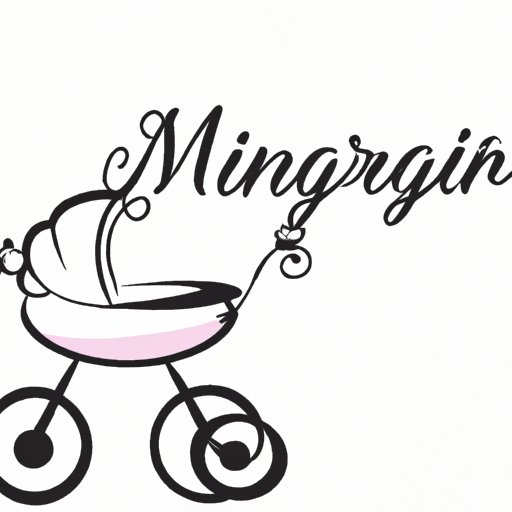
Introduction
A miscarriage is the loss of a pregnancy before the 20th week. It is a common experience, affecting approximately 10-20% of pregnancies. While miscarriage can be a difficult and heartbreaking experience, it is important to know that you are not alone. This article will explore the signs and symptoms of miscarriage, coping mechanisms for physical and emotional changes during pregnancy loss, and the recovery process for post-miscarriage care.
Signs and Symptoms of Miscarriage: How to Tell if You Have Miscarried
There are common signs and symptoms of miscarriage that can indicate pregnancy loss. These include:
- Vaginal bleeding
- Cramping and pelvic pain
- Fluid or tissue passing from the vagina
- Sudden decrease in pregnancy symptoms (such as breast tenderness or morning sickness)
If you are experiencing any of these symptoms, it is important to see a doctor immediately to confirm a miscarriage.
It’s important to note that not all miscarriages have obvious symptoms. Some women may not experience any symptoms at all and may only learn of the miscarriage during a routine ultrasound or check-up.
Coping with Miscarriage: Understanding the Physical Signs of Pregnancy Loss
Physical changes occur during a miscarriage, and it’s important to know how to cope with them. Some physical symptoms of pregnancy loss include:
- Vaginal bleeding and cramping
- Blood clots and fluid passing from the vagina
- Lack of energy and feelings of fatigue
- Nausea and gastrointestinal distress
- Temporary decrease in breast milk production (if previously breastfeeding)
These physical symptoms can be managed with self-care measures such as rest, hydration, and pain relievers (as prescribed by a doctor). It’s also important to follow up with a doctor for post-miscarriage care and to schedule any necessary follow-up appointments.
What Happens During a Miscarriage? Knowing When to Seek Medical Help
There are different types of miscarriages, each with varying symptoms and treatments:
- Threatened miscarriage: Vaginal bleeding without cramping or pain. This type of miscarriage can sometimes be reversed with medical attention.
- Inevitable miscarriage: Vaginal bleeding with cramping and a dilated cervix. This type of miscarriage cannot be stopped and may require medical intervention.
- Incomplete miscarriage: Partial passage of fetal tissue with continued bleeding and cramping. This type of miscarriage may require medical intervention to remove any remaining pregnancy tissue.
- Complete miscarriage: Complete passage of all fetal tissue with cessation of bleeding and cramping. This type of miscarriage usually doesn’t require further medical attention, but it’s important to follow up with a doctor.
If you suspect a miscarriage or are experiencing any of the symptoms listed above, it’s important to see a healthcare provider immediately. Seeking medical help as soon as possible can help prevent serious complications and provide necessary support during this difficult time.
Miscarriage 101: Identifying Miscarriage Symptoms and Understanding the Recovery Process
The recovery process after a miscarriage is different for everyone, but there are some general guidelines to follow:
- Take time to rest and prioritize self-care
- Monitor physical symptoms and watch for signs of infection
- Seek emotional support from friends, family, or a mental health professional
- Wait for a period of 2-4 weeks before engaging in sexual activity or using tampons
- Use reliable birth control measures to prevent another pregnancy until ready
It’s also important to remember that the recovery process involves a range of emotions, including sadness, anger, and grief. Allow yourself time to process your feelings and reach out for support when needed.
The Emotional Toll of Miscarriage: How to Recognize the Signs of Pregnancy Loss
The emotional impact of a miscarriage can be just as challenging as the physical symptoms. Signs of emotional distress may include:
- Sadness, grief, and feelings of loss
- Anxiety, depression, and feelings of guilt or blame
- Strained relationships with partners or family members
- Difficulty concentrating or completing daily activities
If you are experiencing these symptoms, reach out to a mental health professional, support group, or trusted friend or family member. Talking openly about your feelings can help ease the emotional burden of a miscarriage.
Conclusion
A miscarriage can be a challenging and emotional experience, but it’s important to know that you are not alone. By understanding the signs and symptoms of pregnancy loss, coping mechanisms for physical and emotional changes, and the recovery process for post-miscarriage care, you can begin to heal and move forward. Remember to prioritize self-care, seek medical attention when necessary, and reach out for emotional support as needed.





